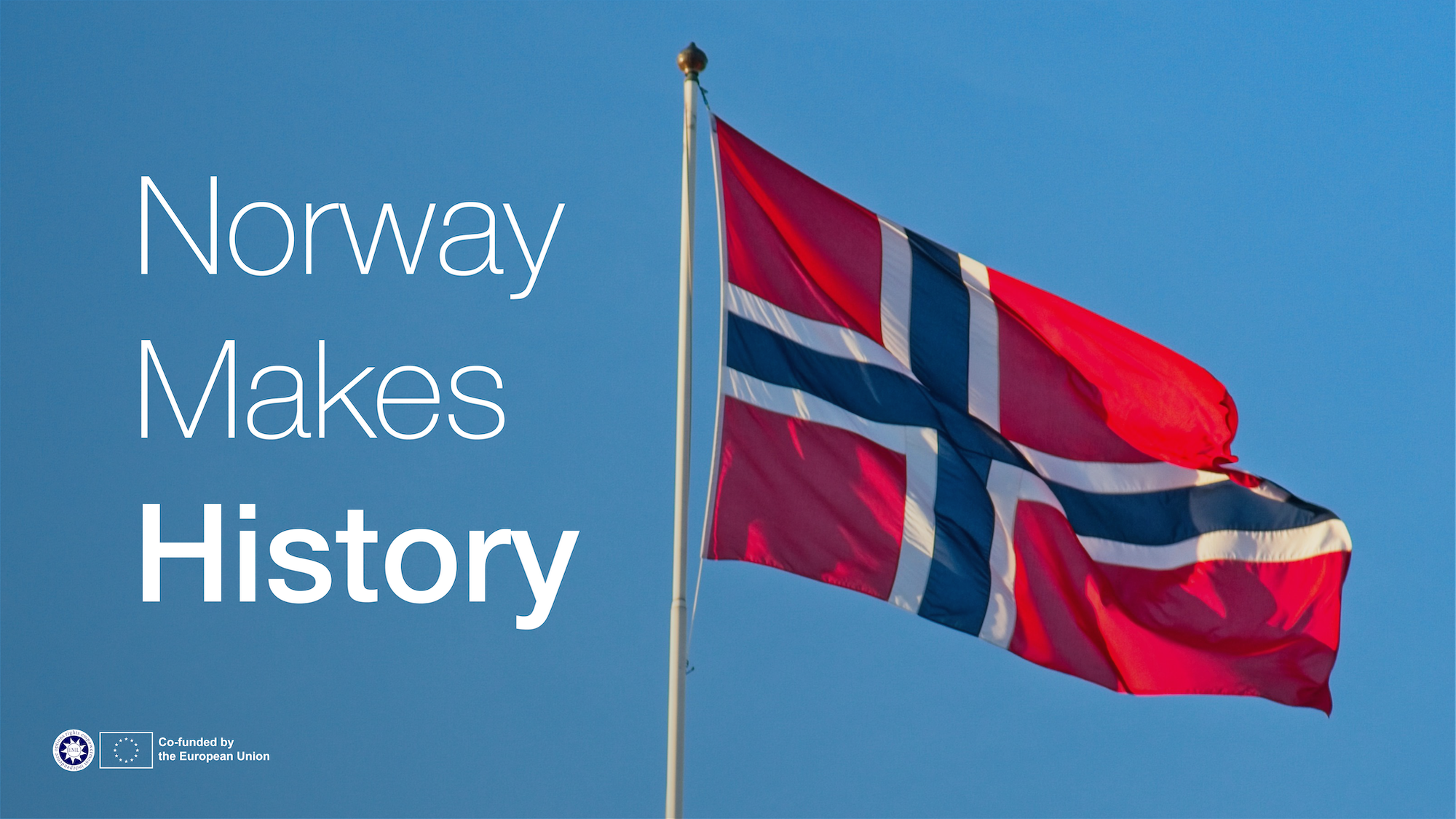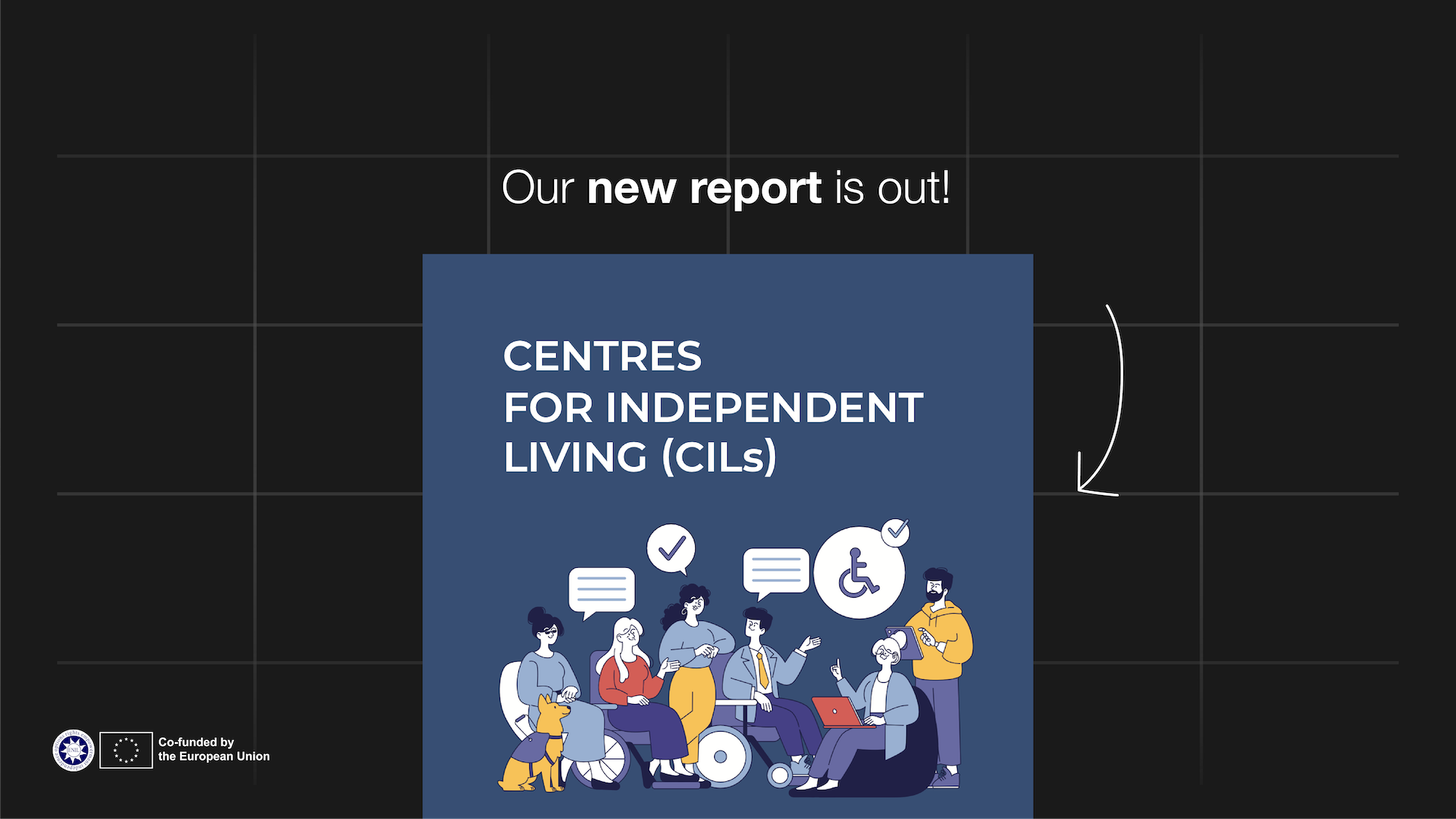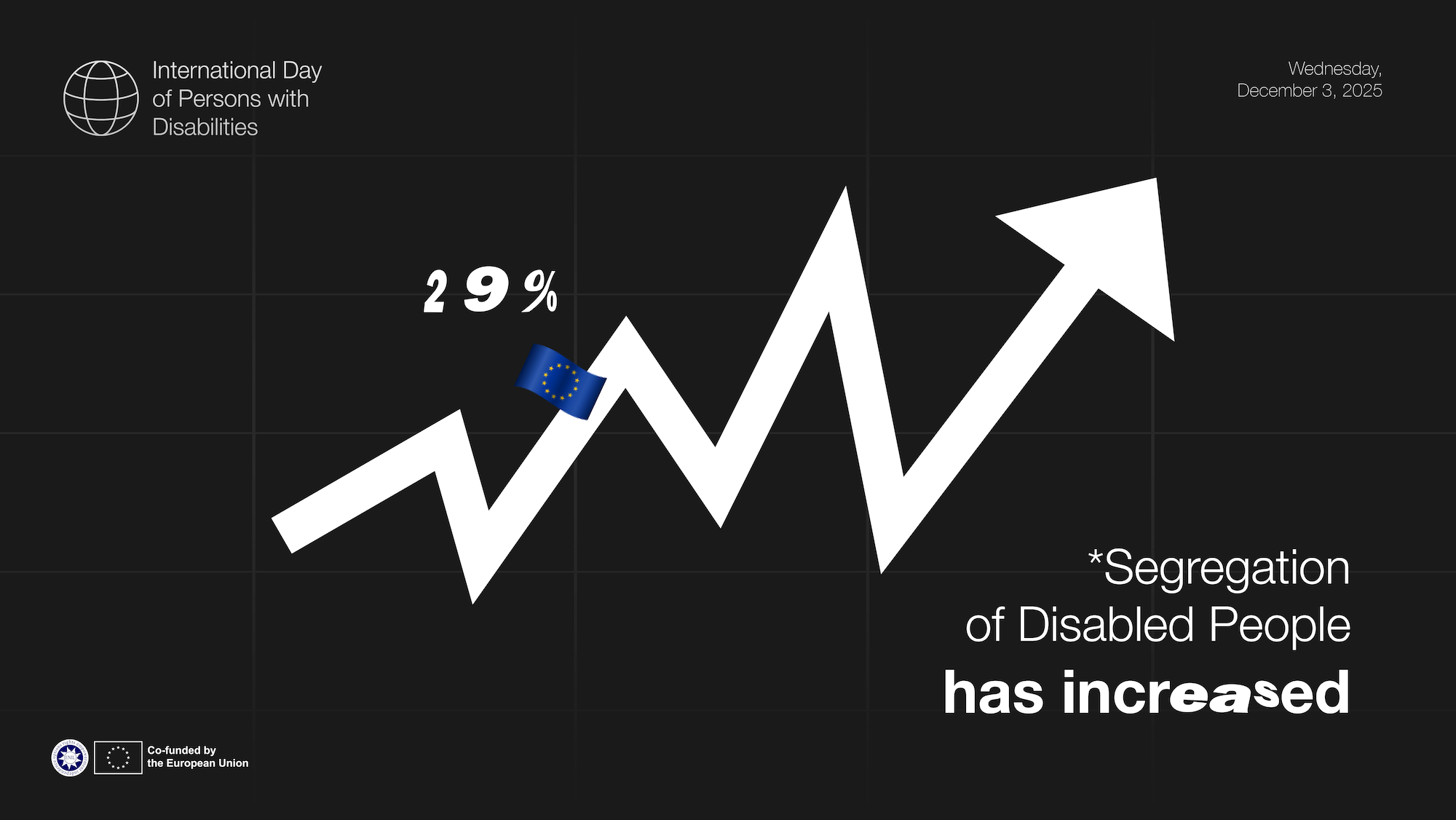Last month, I was one of the guest speakers in the webinar ’Impact of COVID-19 on mental health: After the crisis’. It was organized by our member Euro Youth Mental Health (EYMH), and broadcast on Facebook live, as part of the European Youth Event 2020. This session was also a follow-up on last year’s study session “Mind the gap: supporting young disabled people’s right to live independently and to be included in the community through exploring mental health as a disability issue”, co-organised by ENIL Youth and EYMH.
The webinar, expertly moderated by Carmen Clemente, started with Laura Alčiauskaitė, who is a psychologist and works for ENIL as the TRIPS Project Coordinator. Laura gave a presentation on the mental health of disabled young people and the general population. She brought the participants’ attention to the medical and social models of disability, as well as how the crisis has, in some ways, brought the society a step back, closer to the medical model. This is something that, unfortunately, a few of us could confirm. On a more positive note, she reminded us all to reflect on what we learned, what we changed, or what we can still do to feel better, to feel connected and take time for ourselves. She concluded that people who ask for help are the brave ones, while also finally advising mental health professionals how they can do better when helping youth.
Bori Ivicsics, ENIL’s member, was the next speaker. She shared the exercise “Imagine your own safe space”. This exercise, in her very calm voice felt so reassuring as I was listening. I, myself, often felt distracted by my new environment during the lockdown. Unable to focus on my work, clear my mind, or even focus on this webinar itself. This was a perfect way to feel calm and loved, which also brought the feeling of equality. As many disabled people face even more restrictions on where and how they live, often moving back in with family or even in residential care, it felt important to calm at least our minds. To feel our own. Safe, not judged.
In my own testimony, I tried to focus on connection and support. Many mental health professionals and peer-support groups here in Serbia used social media as a platform to make themselves available to all, regardless of abilities, social or economic status. As we all felt surrounded with fear, free mental health helplines appeared, available by call or text. I am happy to say the media and officials made good efforts to be accessible, although more so after disabled people themselves urged the public to include accessible formats, sign language interpreters etc. Children and youth with disabilities, especially those in special education, struggled. My personal experience helping some of them confirms this. I have witnessed them at times left behind, struggling to follow online classes without teaching aids, leading to confusion and frustration.
Nikki Mattocks, the next speaker, raised the important question of physical abuse of people with disabilities and the effects of trauma. Going back to her darkest times she told the story of her schizoaffective disorder and forced hospitalization. Once again, peer support was crucial for her after those experiences. She identifies as disabled, and expressed how important is to recognize that people can identify their mental health struggles as a disability or not. We were once again reminded that self identification is key and should be a choice.
Bradley Young was the final speaker and had a huge impact on us all, as well as those watching. He read a poem he wrote when he was discharged from a mental health hospital as a teenager. “A message to a bully” left us all silent in the face of discrimination. I am glad the platform chose to keep his poem in the recording, not censoring it for strong language. I encourage anyone reading this to go and listen to it. He finished with a message to those who have bullied others and those who have been bullied, encouraging them to be kind and to find their passion. Being free to dedicate ourselves to what we love is a big factor in a person’s quality of life and mental well-being.
In the final few minutes of the webinar, dedicated to questions, we focused on the topics discussed, as well as society’s outlook on differences, regardless of whether they are physical or ones rooted in mental health. It inspired me to think about my own impact when discussing these topics and how to connect these topics better, because one is often forgotten. Mental health needs to stop being “the elephant in the room”, even more so when discussing marginalized groups.
Finally, let’s not forget we still live in an ever-changing environment. In this period of adjustment, reach out. We are stronger when we open up about our issues. Normalize difference, so we can normalize change. This time has shown that there is still a long way ahead until accessibility with information, education and different needs is the norm. Conversations like these are breaking barriers through creating opportunities for self expression and self determination, one step at a time. Empathy and an open mentality are a necessity, so if you take anything out of this story, let it be the will to lead by example.
You can watch the webinar here.
Written by Nina Portolan, ENIL volunteer


